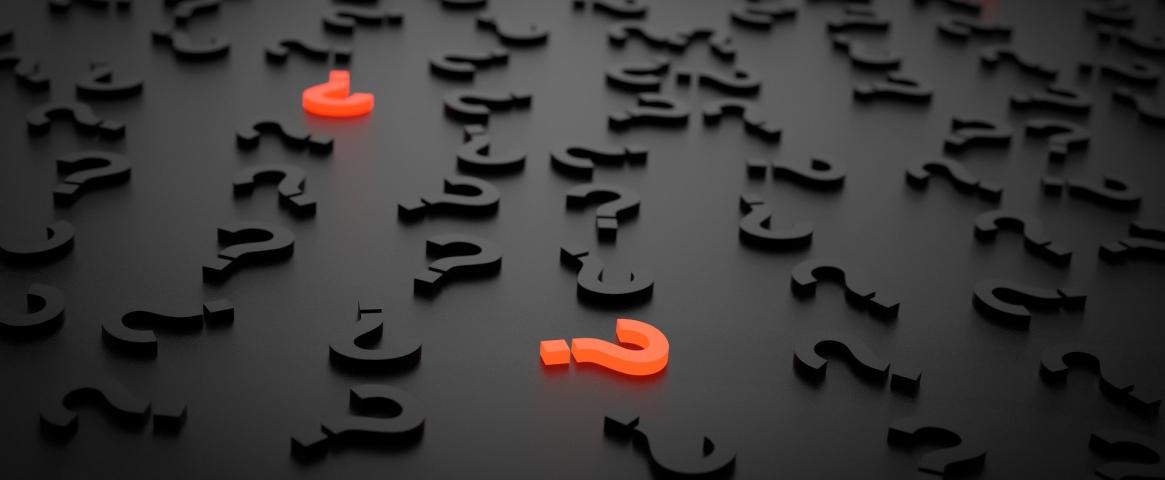By Susan D'Agostino
“Fight sticky myths with stickier facts,” suggested John Cook, a George Mason University cognitive scientist during a ScienceWriters2019 panel discussion titled "Science + Science Writing: When ideology or special interests hijack science topics." He was offering journalists guidance on covering science stories whose narratives have been hijacked by ideologues or special interests.
Just as the public may develop theories following a mysterious plane crash, Cook suggests that those lacking information about topics such as climate change, GMO foods, or vaccines may develop their own, misinformed theories. The idea is not simply to debunk misconceptions but to replace them with facts based on scientific consensus. Cook notes that this task is especially challenging in cases where scientists remain unclear on aspects of a complex topic.
“It’s our job to try to evaluate the world around us, decide what’s true, and then disseminate that,” said panelist Tamar Haspel, a columnist for the Washington Post who writes about food and health. However, she added that “confirmation bias rules the human psyche.” That is, individuals are often partial to arguments that resonate with their preexisting values and affiliations. Science training and education often exacerbate the problem. That is, Haspel reports, that those with more education are often more adept at confirmation bias.
“Universities present themselves as great bastions of liberal humanistic values,” said panelist Beryl Benderly, a prize-winning journalist and fellow of the American Association for the Advancement of Science. She quickly added that, in reality, universities are “systemic exploiters on a massive, massive, disgraceful scale of cheap labor and the aspirations of idealistic young people.” The latter is a fact-based assessment of universities’ swelling ranks of contingent faculty who do not earn living wages and doctoral students who serve as cheap labor before graduating into flooded job markets. In citing the false narrative put forth by university administrators and tenured faculty, Benderly did not suggest that they lie with intention. Rather, all panelists emphasized human adeptness in dismissing information that conflicts with one’s own worldview.
“The nature of human cognition is that it’s much easier to persuade yourself that something is true than to go out and lie about it,” said Haspel. Cook added that, “the techniques that … liars use to intentionally deceive people look exactly the same as the psychological biases of someone who is self-deceived.” Individuals who seek to understand a complex topic in which they do not have expertise often turn to people who share their worldview, which reinforces their own community’s silos.
“Facts don’t persuade people, but people sometimes persuade people,” said Haspel, adding nuance to Cook’s earlier fight-sticky-myths-with-stickier-facts advice. Haspel noted that changing minds does not often resemble a Hollywood-style “ah-ha!” moment. Rather, minds typically change from hard-and-fast positions as part of a slow process that involves listening with humility.
Despite the limitations of human cognition, science journalists must seek balance and accuracy in reporting. Toward this end, Haspel offered her own checklist for science reporters summarized as follows: believe in your own bias; find and listen to the smartest person who disagrees with you; avoid the word “anti-science” for it yields unproductive conversations; practice constructing a strong argument for the other side; collaborate with people whose opinions differ; and embrace kindness as a way to set conditions for changing your mind when warranted.
“I go in understanding that my top priority is to question my own understanding,” said Haspel. This writer was reminded of her reasons for having entered science journalism. That is, writing about science, like science itself, is about discovery. The process benefits when minds are wide open.
Susan D’Agostino is a writer and mathematician whose book, How to Free Your Inner Mathematician, is due out from Oxford University Press in March 2020. She was a recipient of a 2019 NASW Graduate Travel Fellowship. Follow Susan on Twitter @susan_dagostino.

